×
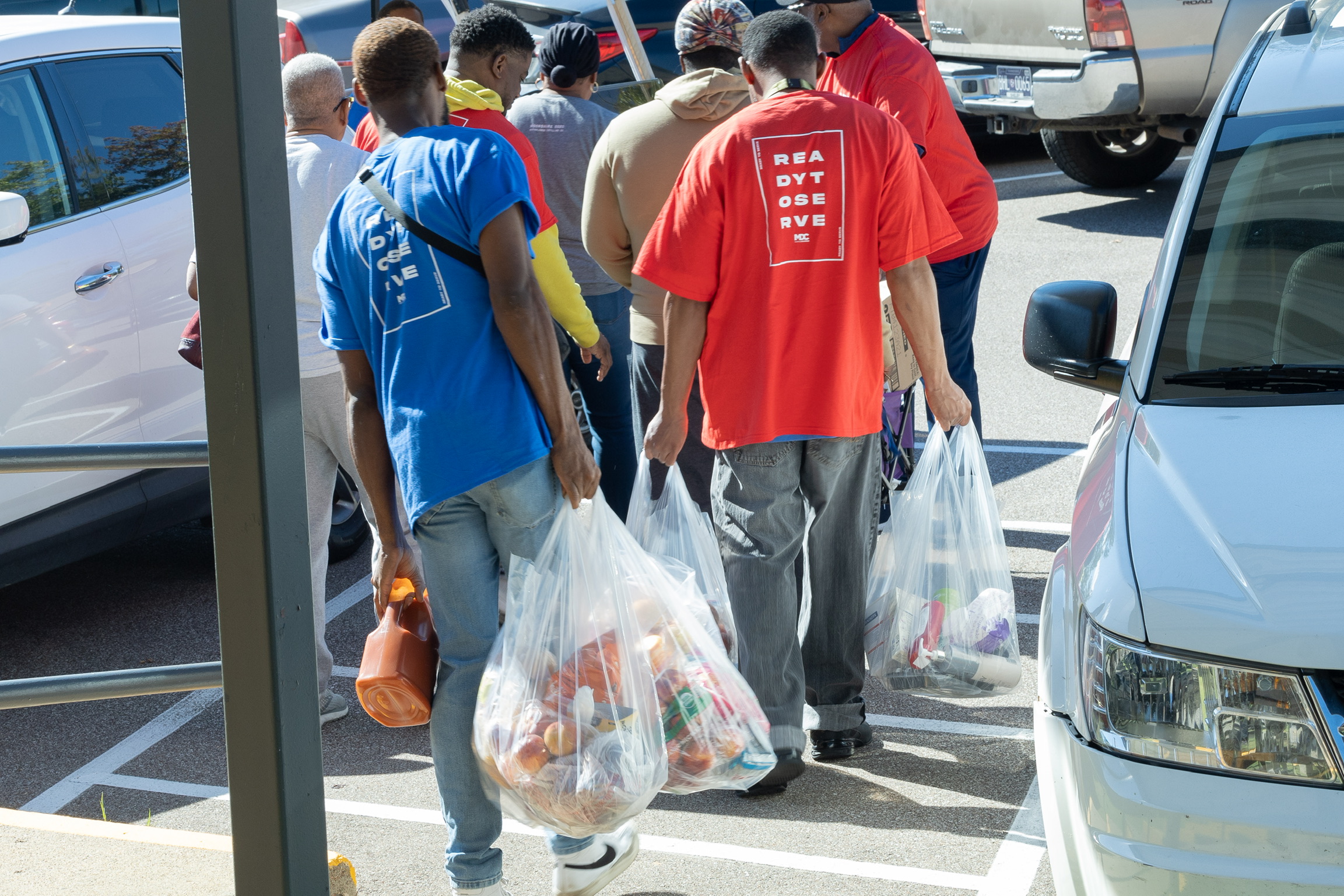
×
Make A Difference
Every time you give, it’s making a tangible difference. Thank you for your act of generosity.
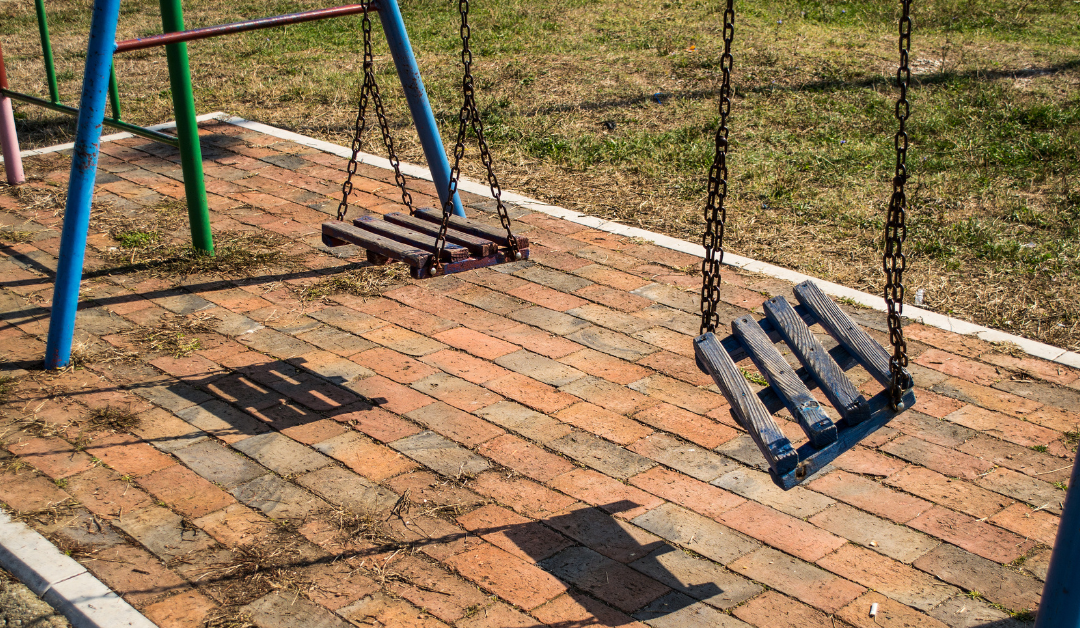
Play is an essential part of a child’s development, but not all children have equal access to safe and engaging play spaces.
Play space inequity is the unequal distribution of quality play spaces, with some children having ample opportunities for play and others limited or none at all.
This disparity can have significant impacts on a child’s physical, mental, and social development, perpetuating a cycle of disadvantage that can be difficult to break.

What Causes Play Space Inequity?
Play space inequity is often the result of broader societal inequities, such as poverty, lack of investment in low-income communities, and discriminatory zoning policies.
Children living in poverty are often at a disadvantage when it comes to access to safe and engaging play spaces, as resources for play spaces may be limited or absent in their communities.
Similarly, discriminatory zoning policies that restrict the development of public parks and other play spaces in certain areas can further exacerbate disparities in access to play.
The Consequences of Play Space Inequity
The lack of access to safe and engaging play spaces can have significant consequences for children. Research has shown that regular physical activity and outdoor play can IMPROVE a child’s physical health, boost their immune system, and reduce the risk of obesity.
Play also has mental and social benefits, such as improving cognitive function, emotional regulation, and social skills.
When children do not have access to play spaces, they may be missing out on these important developmental experiences.
What Can Be Done to Fight Play Space Inequity?
Fighting play space inequity requires a multi-faceted approach that addresses the root causes of the problem. Here are a few ways to make a difference:

Moving Towards Change
Play space inequity is a serious problem that can have far-reaching consequences for children’s development.
By advocating for public investment in play spaces, supporting community-led efforts to create play spaces, promoting inclusive zoning policies, and raising awareness of this issue, we can work to ensure that all children have access to safe and engaging play spaces.
How Can YOU Help?
We know that you share our belief that every child deserves a safe and inclusive play space to explore, learn, and create memories that will last a lifetime. Sadly, play space inequity in Memphis means that many children miss out on this critical aspect of their childhood.
That’s why, this month February 2023, the Memphis Dream Center is working to build a trauma-informed play space at the Highland Street location, and we invite you to help us to make that happen.
By signing up to fundraise, you’ll be joining a passionate community of people who care about creating a brighter future for Memphis children. We’ll provide you with all the resources you need to get started, and you can track your progress as you help us get closer to our goal.
The clock is ticking, and every moment counts.
With your support, we can create a safe and nurturing play space for Memphis children who are missing out on this critical aspect of their childhood. This play space will have a significant impact on the lives of Memphis children, promoting healing and well-being for every child who comes to play.
Every child deserves a chance to create memories that will last a lifetime. By joining our #ShareTheLove campaign, you can help make that a reality. Let’s work together to give every child in Memphis the safe and inclusive play space they deserve.
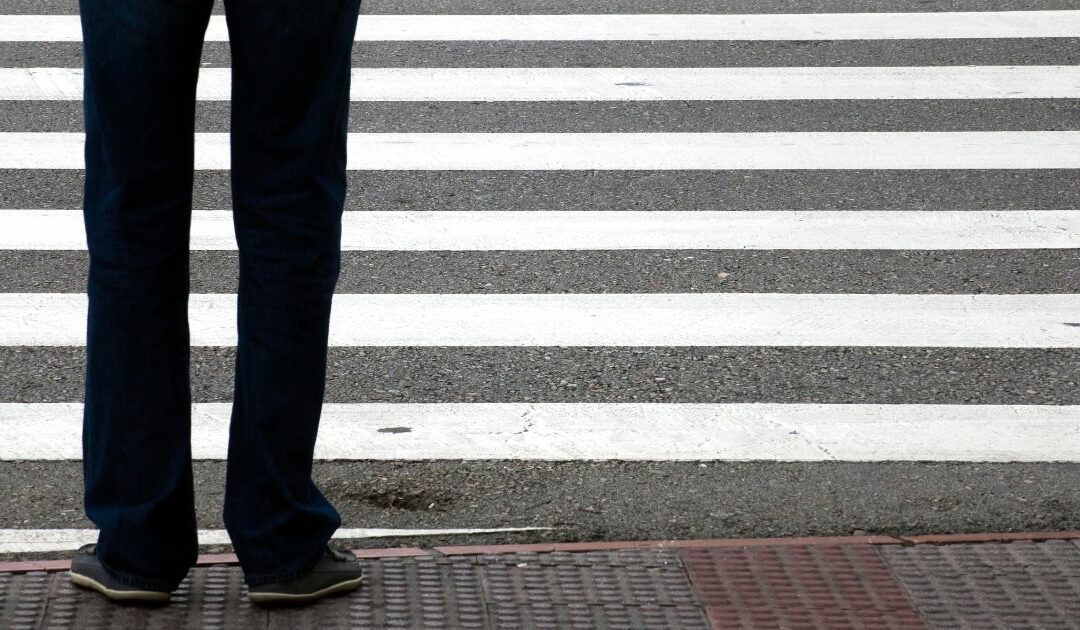
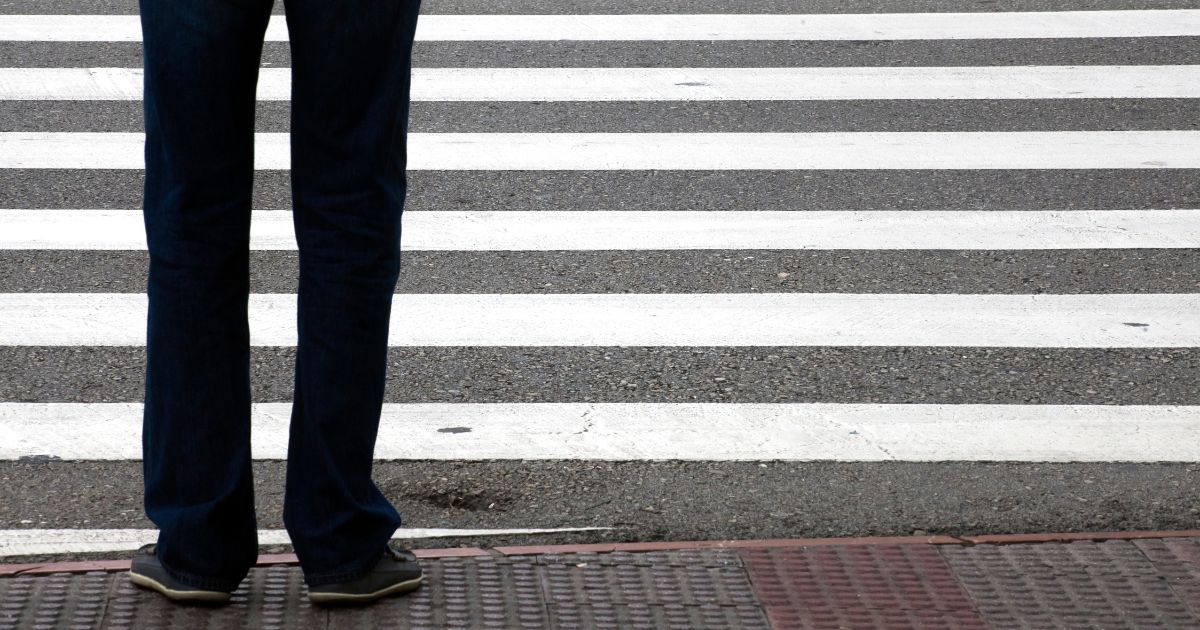
As long as we move within the circles of privilege we are insulated from the experience of the poor. Closed to that experience, there is no reason to anticipate that we should be touched by the expectations of the poor, instructed by their perceptions, caught up in their agenda, or drawn in any sustained fashion into the companionship of those laboring to build a just society.
And yet that is what a maturing faith is all about.
A moral commitment may attract us to this endeavor and even convince us that we are part of it, but, confined to our own social class, we are prisoners of our own perception of things. And, as long as we are prisoners of our own perceptions, whatever we are about will not be the building of a just society.” (Ronald Marstin).

Critical to the process of crossing roads is leaving our circles of privilege and adjusting our perceptions of the world.
For example, when many people look at youth in the inner city from the outside they think they are violent, dangerous, lazy underachievers. Our perceptions have been shaped by what we have seen on television, read in the newspapers, heard on the news.
But building relationships with young people from the inner city can reveal a completely different scenario – determination, vision, thrift, perseverance, and an understanding of how life works.
,Changing our perception moves us to a place where we can start building a more just society. Genuine relationships with others help us to see life through their eyes. Their struggles and their ideas for social change can be heard without the filter of an intermediary source.
As our world becomes increasingly urban, increasingly diverse, and increasingly divided between the rich and poor, there is no time to lose.
Without CROSSING THE ROAD, it will be difficult for the church to make the needed adjustment to understand and hear the voices of those beyond their church walls. It takes both a personal commitment and a commitment from the body of Christ to accomplish it.
If we are looking to Jesus as a model, as one who demonstrated this pattern of road crossing, we have the right to ask the simple question: When did Jesus cross the road toward the poor?
One example is the story of Bartimaeus found in Mark, Chapter 10. What I find remarkable about this passage is that Jesus, knowing that his life was coming to an end (predicted in Mark 8) stopped for a man of absolutely no social significance. While others rebuked the man, Jesus called Bartimaeus to his side. By acknowledging this beggar, Jesus entered the man’s world.
Jesus asks the man, What do you want me to do for you?” Jesus does not impose His agenda on the man. Instead, Jesus affirms his dignity by recognizing the only thing the beggar possesses – his voice!
Can you imagine what it is like to be the recipient of people’s charity month after month and year after year? Receiving charity from people over an extended period of time is humiliating and demeaning. Many underserved people resent their dependence. Bartimaeus does not want to beg for the rest of his life. He wants to be healed. He wants to see.
When the dust settled, Jesus crossed the road and engaged with someone who was a no one to anybody. Jesus took the time and gave to someone who had no worldly goods to give him in return. Jesus’ willingness to engage a beggar revealed what Bartimaeus REALLY wanted. He wanted to join the community as a full participant.
Critics might say, “This road-crossing stuff sounds like a wonderful attempt for people to appease their guilt by having ‘contact’ time with people from a different social class.” We do not cross roads to appease our guilt. We do not cross roads so we can check off an exotic life experience.
We cross roads to learn and grow.
By placing ourselves in the midst of the poor and experiencing a little of their existence, we see with new eyes, feel with new hearts, dream with new minds, and contribute with new hands and feet. This is how change takes place. Road crossing is an integral part of our faith journey and truly is what taking on the mind of Christ is all about.
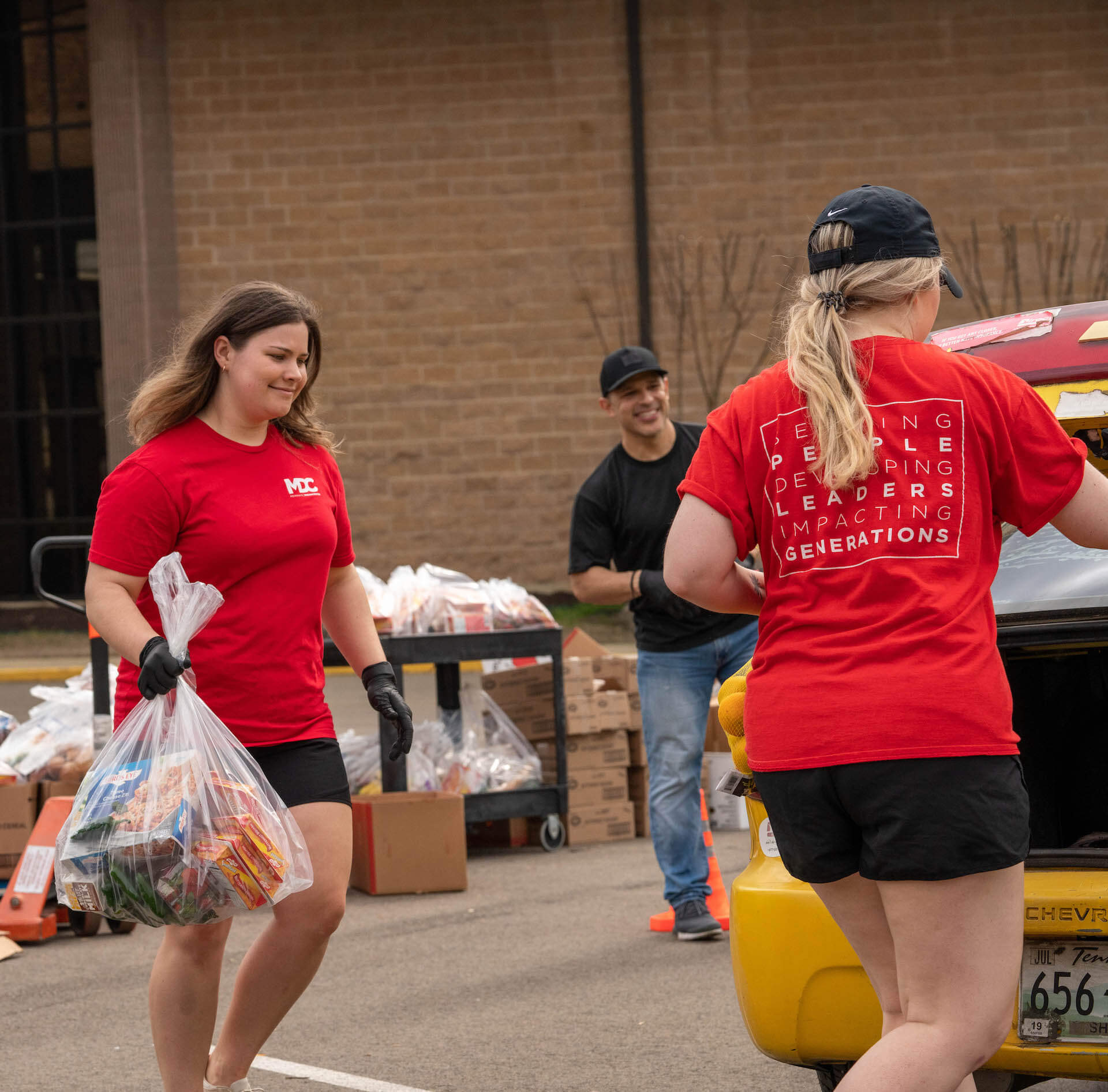
Recent Comments